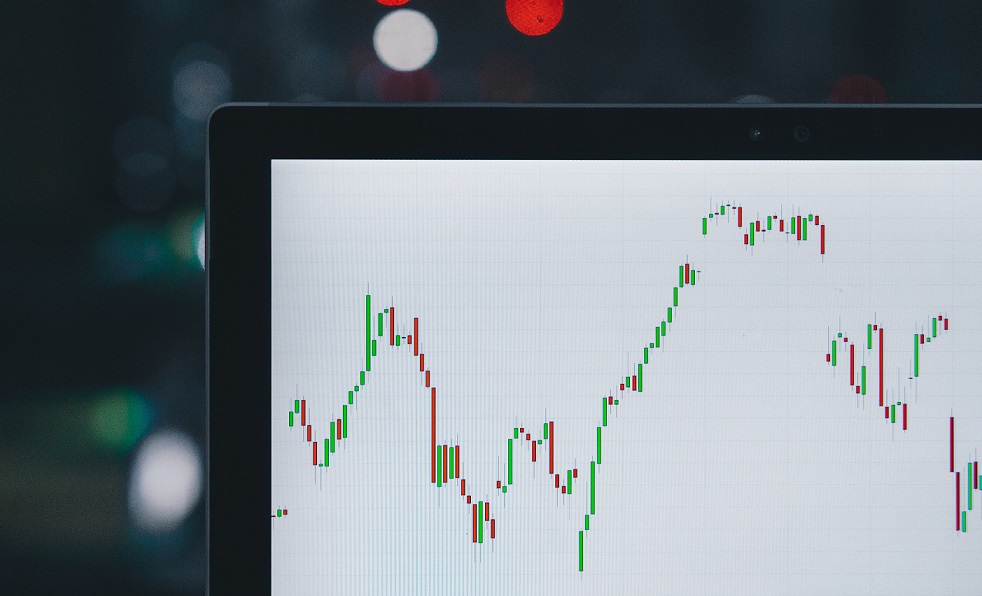
Have you ever tried to fill a bucket with a hole beneath it? Any guesses how long it might take to fill it up? Though it sounds silly, yet, a constant source of water supply shall prove to be futile to keep the bucket full up-to its rim. The current situation of the Indian economy and gigantic mismatch of fiscal decisions in contrast to the apex bank portrays a similar situation and are thus costing efficiency and seeping sluggishness.
The Reserve Bank of India, has been trying hard to keep a check on inflation rate of the country. The Monetary Policy Committee (MPC) has kept the policy repo rates unchanged at 4.00% for four successive meets since August,2020. The rate was last changed to decrease by 40 basis points from 4.40% to 4.00% on May, 2020. The role and action of RBI to keep inflation under control was undoubtedly commendable. But unfortunately, or so, this is only one side of the story.
Satyajit Ray, the only Oscar Winning Film Director from India, in a song, named ‘Bhooter Raja Dilo Bor’(Boons from the King of Ghosts), from one of his masterpiece movie ‘Gupi Gayen, Bagha Bayen’, depicted the essence of togetherness and complementarity between people in micro level and hence as a nation or human race at the macro level. Where the two protagonists were blessed with three boons, two of which were to eat anything as they wish and to move around where ever they felt at no hindrance. The condition applied was that the protagonists had to stay together always and can only derive the utmost ebullience from the boons when they both wish the same enacting a high-five. The RBI and the Fiscal regulatory body ought to understand the same essence of togetherness and more importantly complementarity while working for the same goal, which is to pull back the economy in normal path and eliminate its sluggishness. These two protagonists of the economy have to enact a policy-oriented high-five to complement each other’s work. Despite the apex bank’s signals and efforts to curb the inflation rate, the prices of fuel (petroleum products and gas) have been abruptly increasing especially in the last 2 months. Fuel clones as the backbone of any economy. Data reflects that the tax on the petroleum products in India is 260% of its base price, which is unambiguously one of the highest across the globe.
Here is a detail break up of the added value to the base price of per barrel:
| Tax in November 2014 | Tax in December 2017 | Tax in January 2021 | |
| Excise Duty on Petrol | Rs 9.20 per Litre | Rs 21.48 per Litre | Rs 32.98 per Litre (incl. Road Cess) |
| Excise Duty on Diesel | Rs 3.46 per Litre | Rs 17.33 per Litre | Rs 31.83 per Litre (incl. Road Cess) |
| VAT on Basic Price on Petrol | 20% on Basic Price | 27% on Basic Price | 30% VAT |
| VAT on Basic Price on Diesel | 12.5% on Basic Price | 16.75% on Diesel + 25p Cess | 16.75% VAT + Cess |
The data clearly deciphers that the Excise Duty rate in synchronization with VAT, for both petrol and diesel have been increasing. The central government’s share of the entire chunk is the excise duty levied, while VAT on base price goes to the state governments, reasoning out for varying prices of fuel in different states.
The price of gas cylinders is made to exhibit a similar trend especially after December, 2020. The cylinder price has been accentuating rigorously ending to a hike of 45% in last 10 months. The cumulative price increase since December, 2020 has landed for a hike of Rs 175 per cylinder. With such exorbitant rises in the price of fuel, the target of inflation would just change from a dream to a nightmare. When the prices of the fuel take an up shot, it leads to an increase in the transportation cost. Finished goods and raw materials, which ought to be transported faces a higher cost which sums up in the variable cost of accounting. Manufacturers, in an attempt to keep their profit rates fixed would transfer this rise in cost to the consumers. And as we all know, a seller or producer of a commodity, is a buyer of all other commodities. So, once he faces a higher price while purchasing a product, he would be eager to pump up the prices of his commodities, and this would spiral up to an average increase in the prices of the economy. An upward trend of prices for at least one quarter would lead to hike in inflation rates.
Therefore, if the tax rates on the fuels are not rolled back, RBI’s attempt to control inflation would just resemble a distant dream of filling a bucket with a hole beneath it. The fiscal policy regulators should work hand in hand to complement RBI’s tremendous effort to curb inflation. Maybe Satyajit Ray’s resemblance of working together to extract maximum exuberance and efficiency holds an apt depiction of the current state of actions between the two apex bodies, it is the public who has to take the director’s seat to make sure they enact well. And this seems to be indispensable to prevent the rate of desolation of our pocket, being more than the rate of burning fuel.
Sushobhan Paul is a staunch advocate for amalgamated fiscal and monetary policy.
He perceives economics to be ubiquitous and believes that almost everything can be defined by economics. He is currently a research scholar in Financial Management at Shiv Nadar University, Greater Noida. He completed his bachelors in economics from the University of Calcutta and holds a masters degree in Economics from Jawaharlal Nehru University, New Delhi. He is exuberant regarding any pragmatic discussion on economics, psychology, politics or maybe anything that goes with logic.